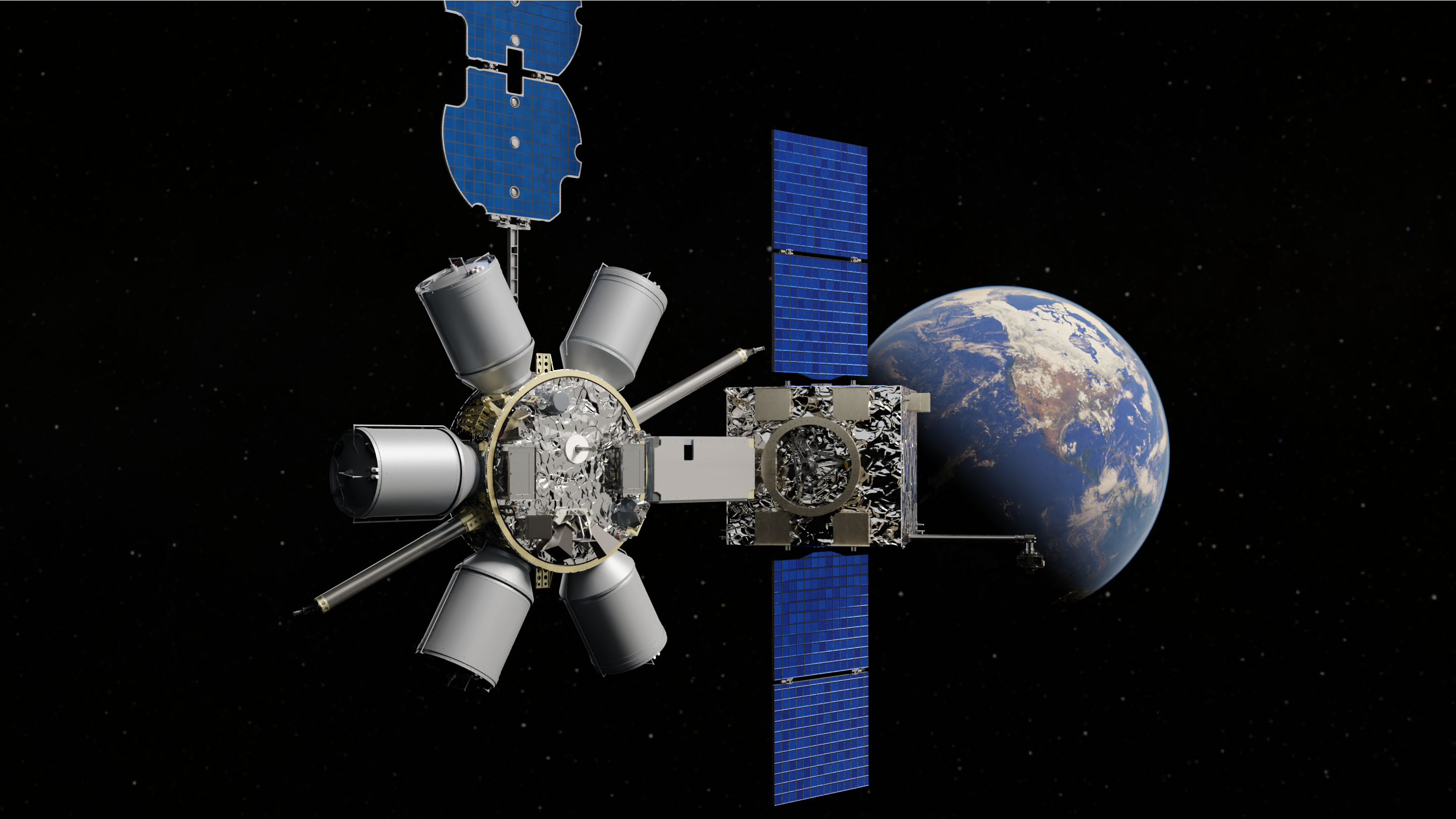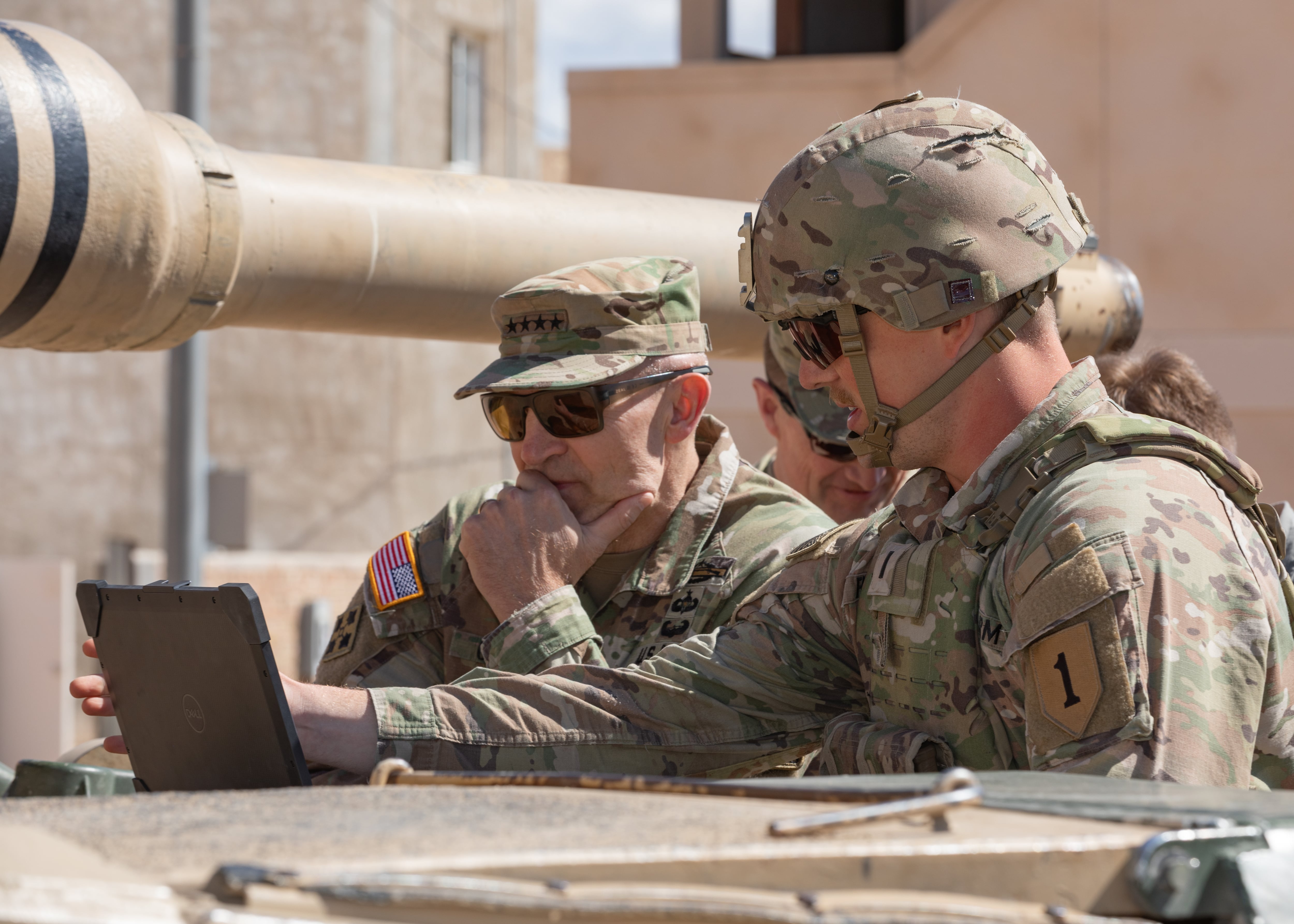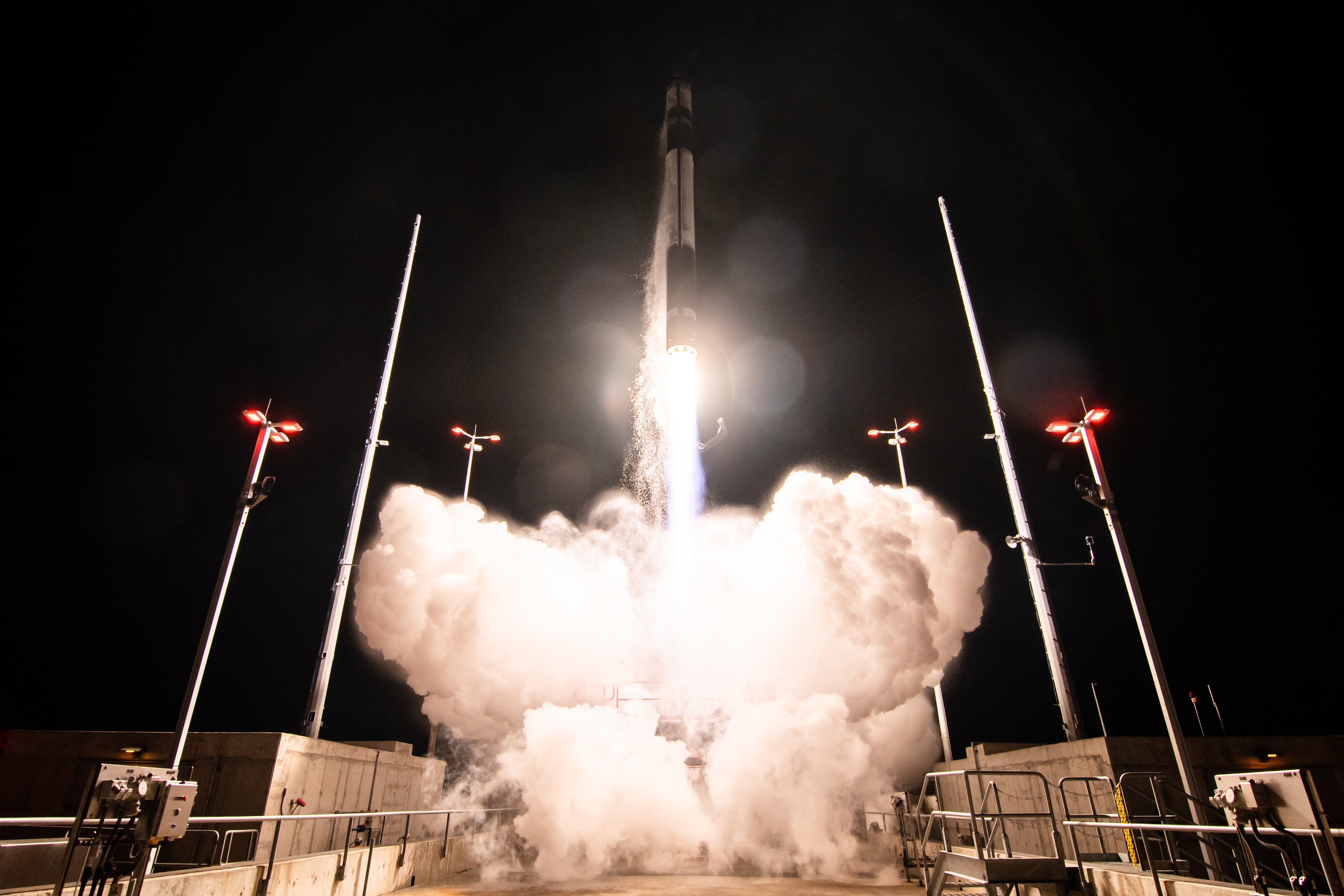WASHINGTON — The new director of the Defense Advanced Research Projects Agency wants to create a storefront where companies can go to learn how to sell their products to the Pentagon.
Victoria Coleman, named DARPA director in August, told reporters from C4ISRNET and Defense News recently that the advanced research agency wants to create an Apple store-like storefront where companies can gather information about accessing the DoD market, better understand DARPA’s work and learn about opportunities with the agency.
“If I have a place where ... there’s foot traffic, people just come in and they think ‘What is that? Well, maybe my company can play in that,’” Coleman said.
Inside the store, company representatives would talk to program managers and ask questions, in a fashion similar to the Genius Bar at an Apple store. The store would be “very casual, informal kind of space” where “people can begin to understand better what our work is, what the opportunities are for them for working with us,” she said.
The challenge for many companies is that they don’t know how to break into work with the Pentagon. Coleman knows the difficulty of finding the gateway into the DoD marketplace from personal experience leading an artificial intelligence startup.
“I’ve served on the [Defense Science Board] and another organizations for so long, [and] I didn’t know where to go,” she said. “If I don’t know where to go, what are the chances of other innovators finding their way?”
Coleman wants to launch a tech accelerator where DARPA can help “incubate” companies that it believes have promising technologies. She envisions DARPA having a broader version of the CIA’s In-Q-Tel, a venture capital group that invests in companies with technologies that have potential for the intelligence community. Investment from In-Q-Tel facilitated the rise of Palantir, now a major data analytics company used by the military and intelligence agencies.
Coleman’s vision is broader. Her accelerator would give a company mentorship, space to work if it doesn’t have any, and investment through a national security seed fund. The accelerator would connect companies to DoD components through the Defense Innovation Unit, a Pentagon office focused on delivering innovative technology from nontraditional contractors. Right now, Coleman said DARPA is “thinking about” launching an accelerator.
“Putting an accelerator on the ground will be really important,” she said. “And of course, you know, Silicon Valley is the first place if you think about it, and that’s right, but it’s not the only place where innovation happens that the department needs to be connected with.”
Silicon Valley is where DARPA would pilot the accelerator, she said, but she wants DARPA to connect with innovative companies across more regions of the U.S., not just in the traditional tech hubs.
“For my money, honestly, I don’t want to like the thing that everybody else has done, so you know, Silicon Valley, Boston, the obvious places,” Coleman said. “[We] are going also think about places that are not so obvious to reach out to.”
Andrew Eversden covers all things defense technology for C4ISRNET. He previously reported on federal IT and cybersecurity for Federal Times and Fifth Domain, and worked as a congressional reporting fellow for the Texas Tribune. He was also a Washington intern for the Durango Herald. Andrew is a graduate of American University.








